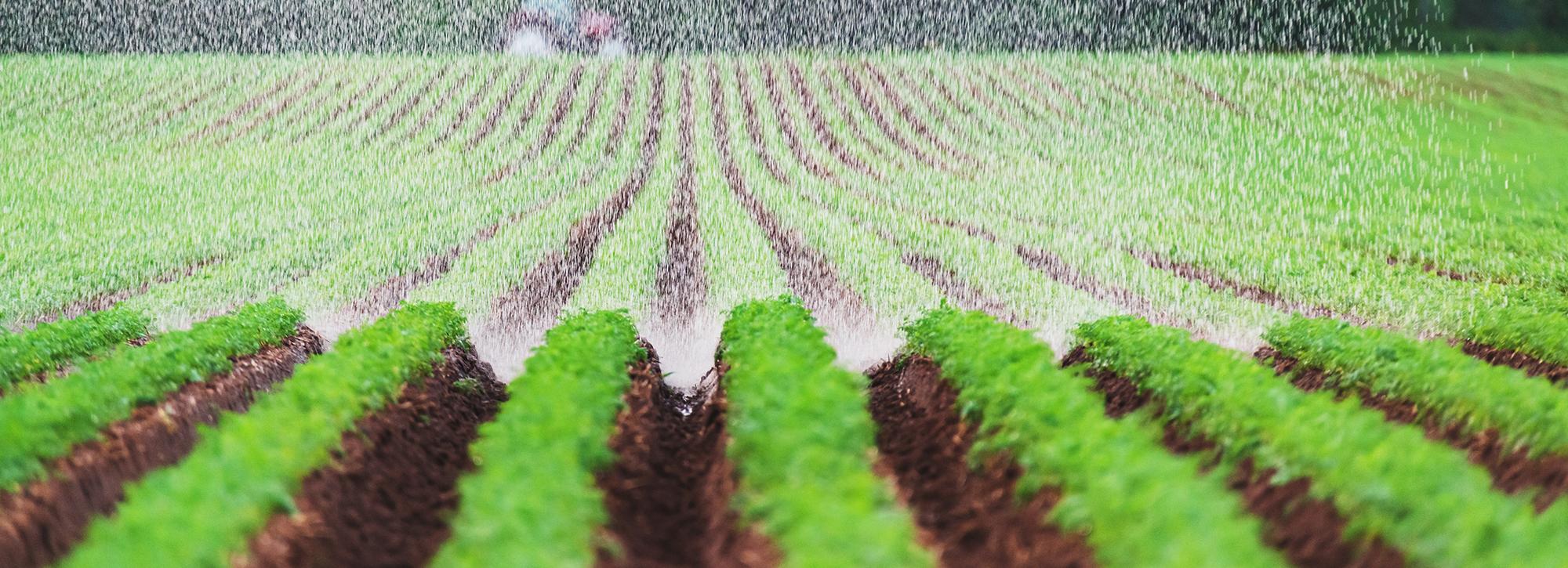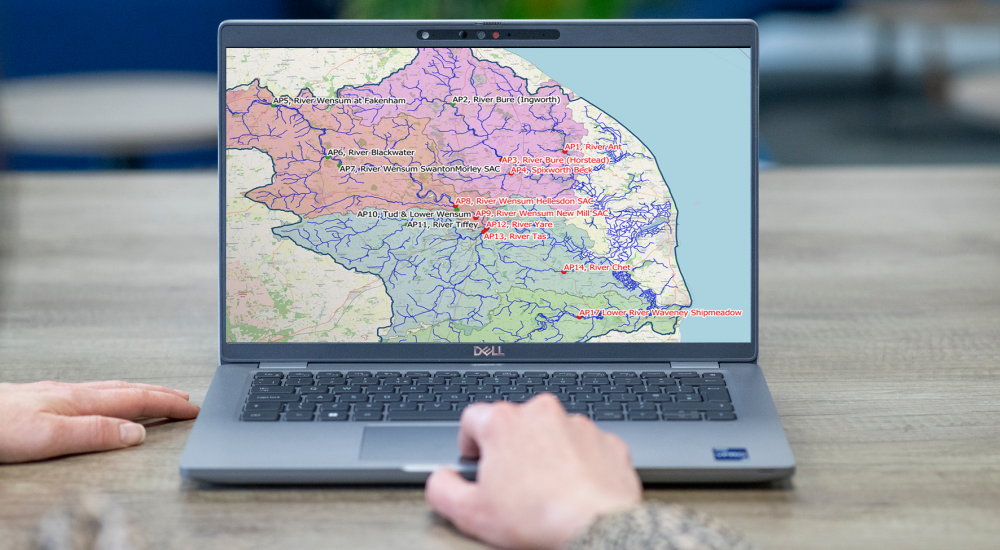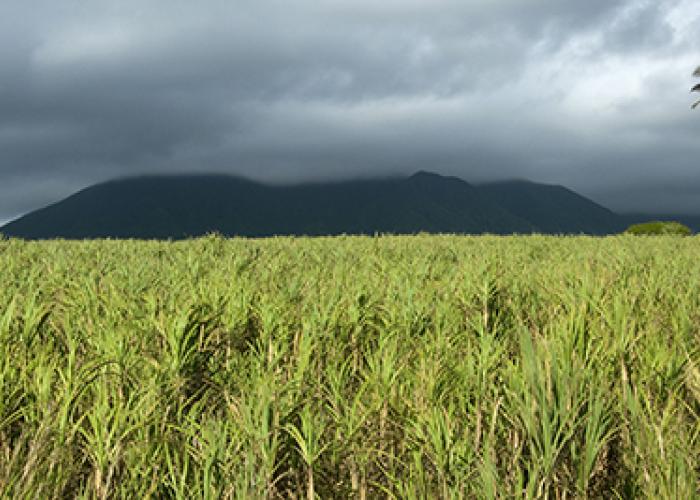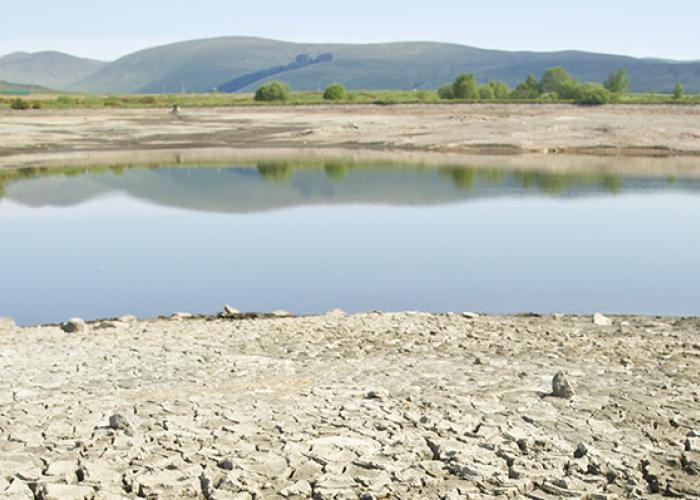
Water for tomorrow
Access to water is vital for people and industry. But with the pressure of increasing demand and the impact of climate change, the UK government has set targets to significantly reduce water abstraction in England by 2050 to safeguard ecosystems and environments.
As part of the Water for Tomorrow project, we helped the Water Resources East regional group to understand the challenges they are facing when it comes to managing this deficit, particularly in relation to agricultural users, to find ways to help them adapt effectively.
Meeting targets for reduced abstraction
In 2020, the Environment Agency published the National Framework for Water Resources which called for a reduction in water abstraction by 2050 – by 100% in some cases. This, when combined with the impact of climate change and population growth, puts extra pressure on water consumers from different sectors – including those in agriculture who rely on abstraction for irrigation. We helped Water Resources East to investigate the options available to irrigators to help them make up supply lost through abstraction reduction.

Exploring a suite of interventions
We looked at options for technical interventions, behavioural change and nature-based solutions, then quantified the impact of each of these would have under different future scenarios for catchments in the Broadlands, East Anglia. Using our expertise in water resources and hydrological modelling, we were able to explore how we might support a wide range of water users while protecting the environment.
We showed that significant catchment investments such as winter storage are likely to be required, and that these could enhance drought resilience in the near-term. While nature-based solutions offer a range of benefits to a catchment, they are not expected to deliver significant water resource benefits.
Planning for a secure water future
Our team provided valuable insights into the scale of investment required for on-farm winter storage, and how much flow benefit we can expect from the selected nature-based solutions to effectively tackle the challenge of water security for the agriculture sector in England.
We showed that managing demand will become increasingly more impactful where securing further supply sources becomes challenging. In the context of irrigation, this might include adaptations such as the use of advanced irrigation technology and equipment, water-efficient agricultural practice or change in crop type, for example.
Want to know more?
Contact our project lead


